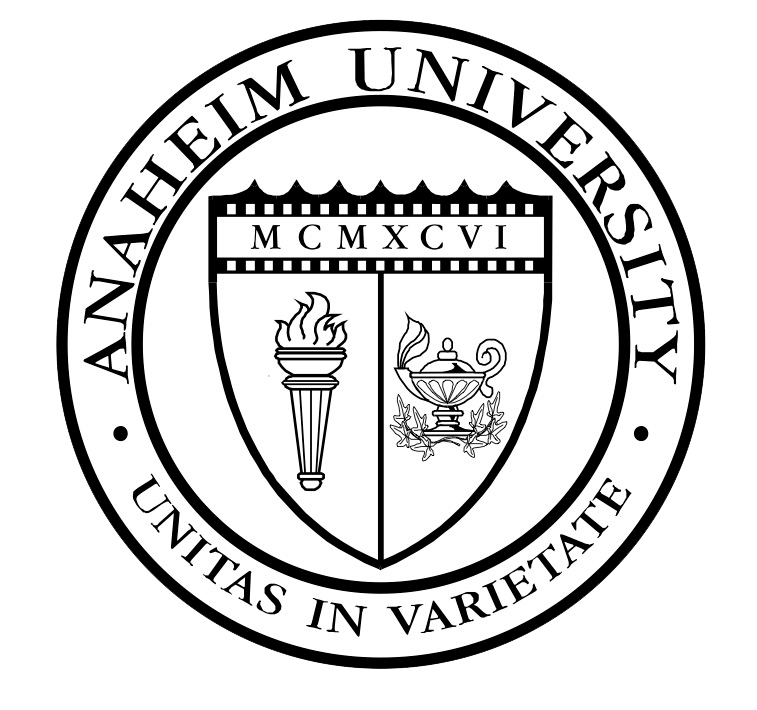Overview
June 6, 2023 2025-01-24 10:20Overview
Overview
Unleash your creative potential with our cutting-edge MFA in Digital Filmmaking, designed for aspiring filmmakers worldwide.
This online program combines Hollywood expertise, global collaboration, and hands-on experience to help you master the art of filmmaking—without putting your career on hold.
Experience the following benefits:

Benefits
- Interact with your professor and fellow classmates around the world through live webcam classes
- Specialize in a specific aspect of filmmaking through your selection of electives
- Meet face-to-face with industry professionals and gain hands-on experience with professional equipment at a one-week residential session
- Learn from professors based in Hollywood and other leading film markets without having to relocate during your period of study
- Earn your Master’s degree online in approximately 3 years while working full-time
Features:
- 12 x 9 week Online Courses + thesis
- Weekly live webcam classes
- New terms begin every 10 weeks
- 1 Course = 4 Credit Points
- MFA in Digital Filmmaking Program = 56 Credit Points
- One-week hands-on residential session held in Hollywood, California or Tokyo, Japan
- Total duration = approximately 3 years
Required Courses | |
MFA 500 The Cinema of Akira Kurosawa in Global Context Language | 4 Units |
MFA 510 Film Aesthetics | 4 Units |
MFA 520 Intro to Digital Filmmaking | 4 Units |
MFA 530 Advanced Digital Filmmaking | 4 Units |
MFA 540 Advanced Screenwriting | 4 Units |
MFA 550 History of World Cinema | 4 Units |
MFA 560 Film Theory | 4 Units |
MFA 570 The International Film business | 4 Units |
MFA 580 Concepts of Post Production : Sound and Editing | 8 Units |
*Students begin their thesis project after all other course work is completed; | |
Elective Courses - Group A (select 2) | |
MFA 590 Documentary Film - History and Theory** | 4 Units |
MFA 591 Documentary Film Production** | 4 Units |
MFA 592 Animation - History, Theory, Practice | 4 Units |
MFA 593 Producing for the Web | 4 Units |
MFA 594 Game Design - Theory and Practice | 4 Units |
MFA 595 Story Structure | 4 Units |
**students may take either MFA 591 or MFA 592 | |
Elective Course - Group B (Select 1) | |
MFA 598 Transnational Film Genre | 4 Units |
MFA 599 Major World Directors | 4 Units |
Total number of units | 56 Units |
Master of Fine Arts in Digital Filmmaking Course Structure and Program Learning Method
Online Discussion Forum
Assignment 1
Assignment 2
Week 1
Week 2
Week 3
Week 4
Week 5
Online Class
Online Class
Online Class
Online Class
Online Class
Week 6
Week 7
Week 8
Week 9
Online Class
Online Class
Online Class
Final Assignment Week
- Weekly Real-Time Webcam Class + Online Discussion Forum participation(at your convenience)
- Weekly reading plus written assignment or film critique
- Course film project, screenplay, or research paper
Residential Session
Students are required to attend one residential session to successfully complete the Master of Fine Arts in Digital Filmmaking program. The residential session is a one-week, in-person presence at an appropriate facility in Hollywood, California or Tokyo, Japan, where students will attain hands-on experience and learn from industry professionals. Students will meet M-F from 9:00 AM to 12:00 PM and receive instruction from an experienced and appropriately-trained faculty member in advanced cinematography, film crew positions, and basic directing, working with an industry-standard camera along with studio equipment. Afternoon sessions will consist of guest speakers from the motion picture industry representing a variety of areas within the overall entertainment environment. Tours of facilities will also take place, with a number of the guest speakers hosting the cohort at their own facility and providing hands-on opportunities for learning. Evenings will be dedicated to more informal activities and student work on post-production of the work shot during the day. The residential session adds a comprehensive, applied layer to the program to complete the final objective: “Acquire the overall intellectual and professional background needed to prepare for both the applied and academic film worlds.”
Study Suggestions
Students are responsible for the information contained in the course syllabus and course grading rubrics. Each course is worth 4 units, or 180 hours of study (approximately 20 hours a week). To help you allocate your time, each course guide contains a weekly program break-down. The course guides are meant as a suggestion only, but one that students are advised to adhere to as closely as possible to keep up with the demanding schedule of the courses. Below is a sample taken from a course that has a film project as its final assignment:
1. Complete the set reading, making notes to prepare for the real-time online class. (2.5 hours)
2. Film viewing assignment; take notes in preparation for the real-time online class. (2.5 hours)
3. Written Assignment (2 hours, selected weeks)
4. Discuss the weekly assigned topic with other students via the online discussion forum. (3 hours)
5. Take part in the weekly real-time online class. (1.5 hours)
6. Review the transcript of the real-time online class and make notes (1.5 hrs)
7. Journal entries throughout the week (1 hour)
8. On-going work on the planning, shooting and editing of the rough cut and final video project (6 hours)
Upon completion of the MFA in Digital Filmmaking program, students might be interested in pursuing the following potential career areas:
- Post-production
- Sound recording and engineering
- Editing
- Community and four-year college teaching



